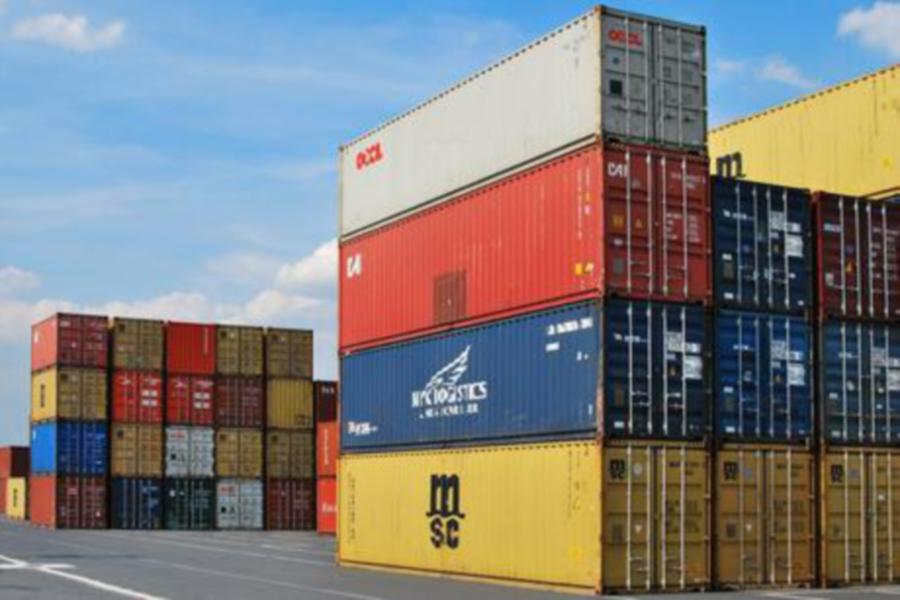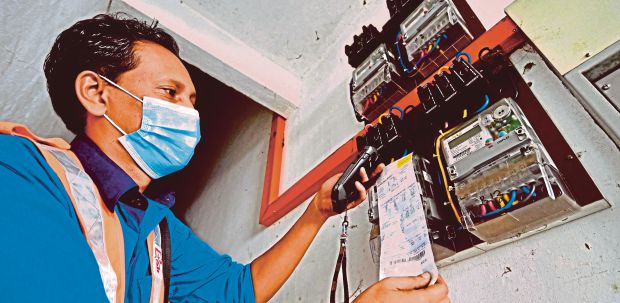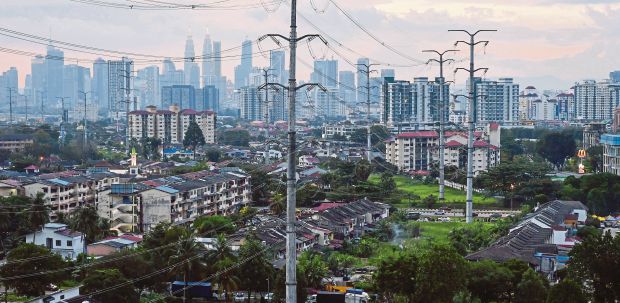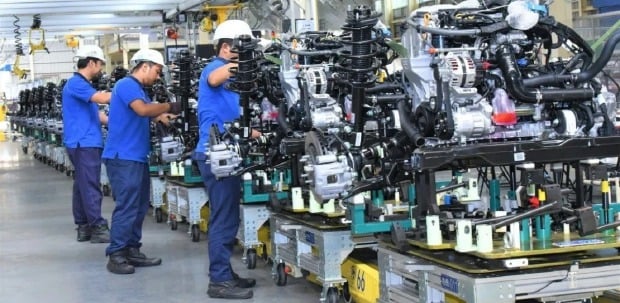KUALA LUMPUR: Federation of Malaysian Manufacturers expects its members’ sales cost to increase between one and two per cent following the introduction of an electricity surcharge of 1.35 sen per kiloWatt hour from July 1.
FMM president Datuk Soh Thian Lai said the surcharge would affect the manufacturing sector and urged the government to postpone its implementation.
"The government should take into account of all aspects due to uncertain economic conditions. This is not the right time to raise electricity tariffs.
"This move will have a negative impact on the manufacturing sector and we urge the government to defer it for at least a year," he said after the signing of the FMM Corruption-Free Corruption Pledge (IBR) with the Malaysian Anti-Corruption Commission (MACC) here.
Also present was MACC deputy chief commissioner Datuk Shamshun Baharin Mohd Jamil.
Soh said the government should be more careful before making any decisions that are impactful to the manufacturing industry as export activities contribute to national income.
"The manufacturing industry is already underdeveloped following the ringgit's depreciation, and operating costs are increasing every year.
"About 70 to 80 per cent of raw materials are imported and if the national currency continues to drop above RM4 (against the US dollar), it will affect the industry. We are experiencing slower growth in the second half of 2018," he said.
Commenting further, he said FMM planned to hold a government-led meeting to discuss the issues faced by the manufacturing industry.
"In the future, we want to meet with the government so they know the problems faced by the manufacturing industry and hear the solutions we get to offer," he said.
Last Friday, the Energy Commission announced that the government had agreed to maintain the imbalance-cost-pass-through (ICPT) base tariff of 39.45 sen/kWh for the second half of this year with a surcharge of 1.35 sen/kWh for non-domestic customers.





